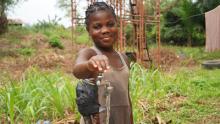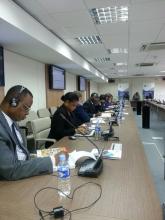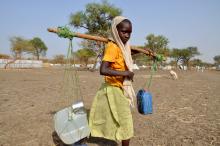From Mozambique in the South to Morocco in the North, 20 million people in rural and urban areas of Africa have been provided access to clean drinking water for the first time thanks to African Development Bank (AfDB) projects, an evaluation report released by the Bank’s Independent Development Evaluation (IDEV) found. Such access is particularly important in this time of the COVID-19 pandemic, since the spread of the virus is closely related to water and sanitation.




